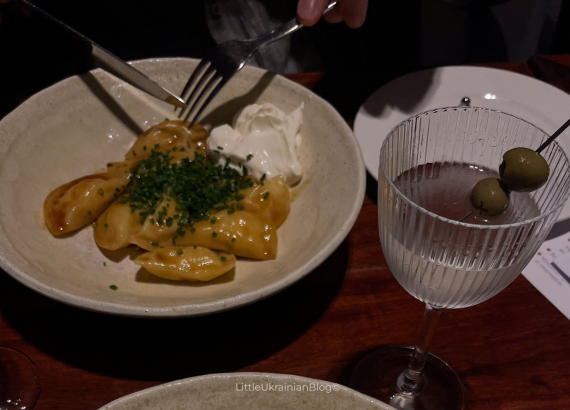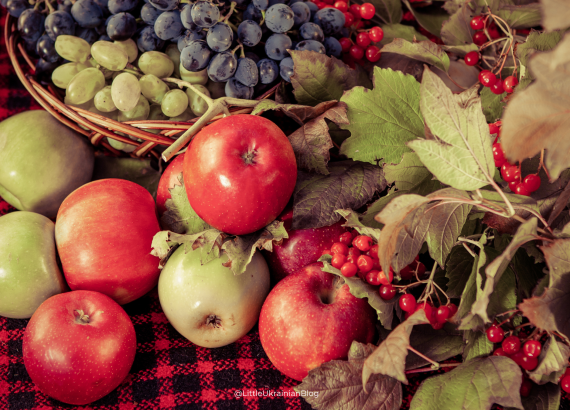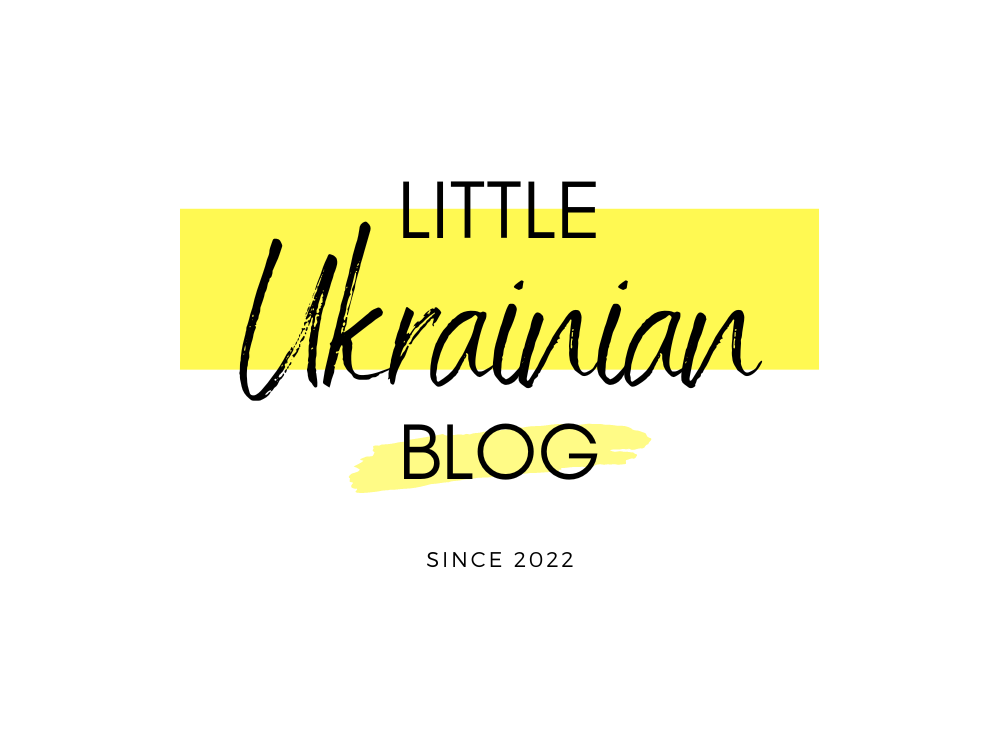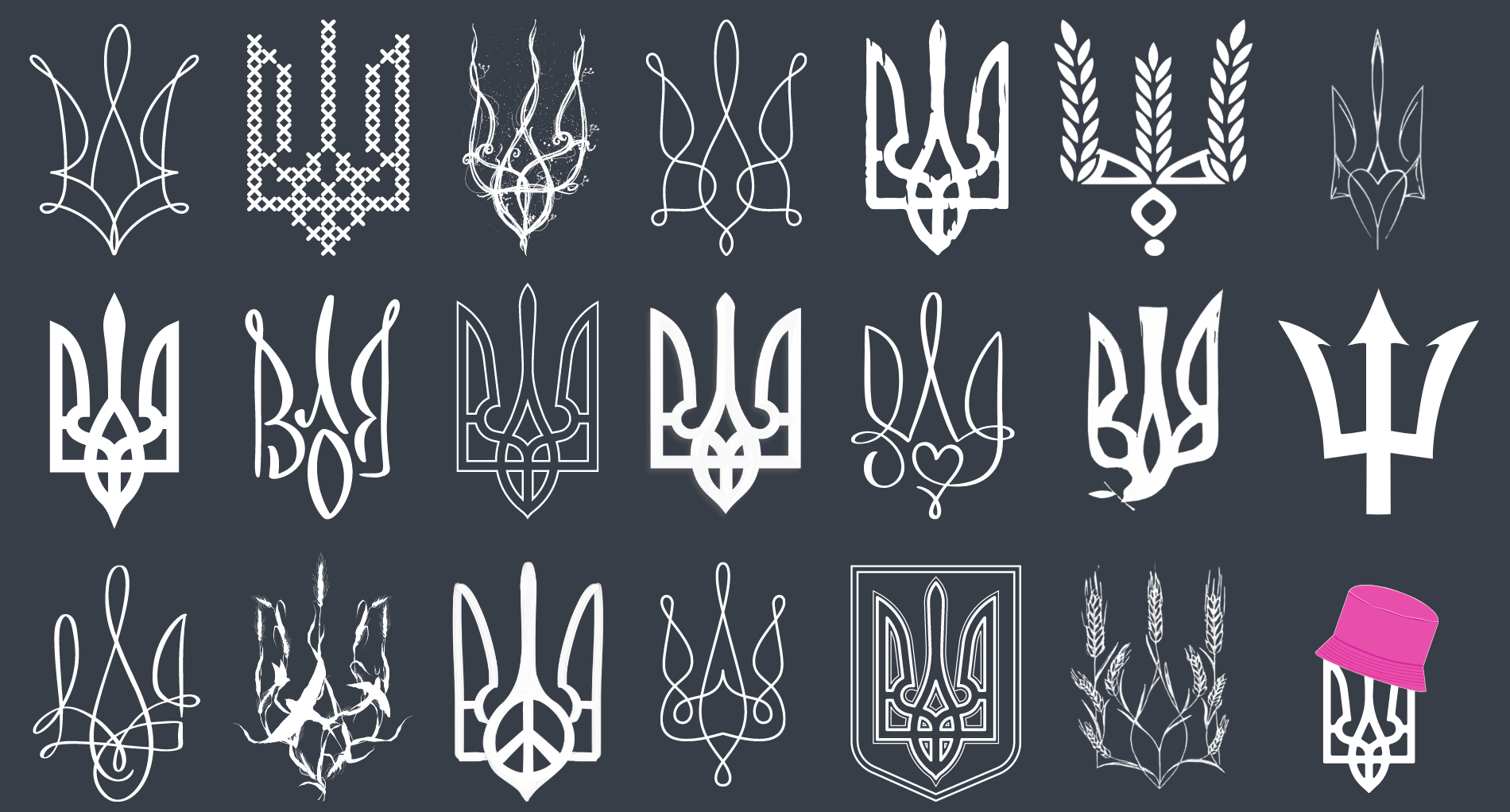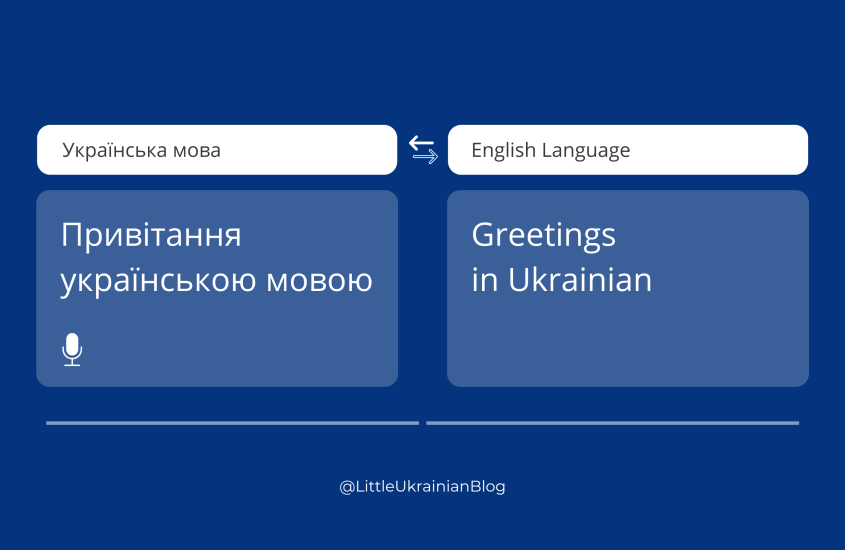The Ukrainian Tryzub (Trident)
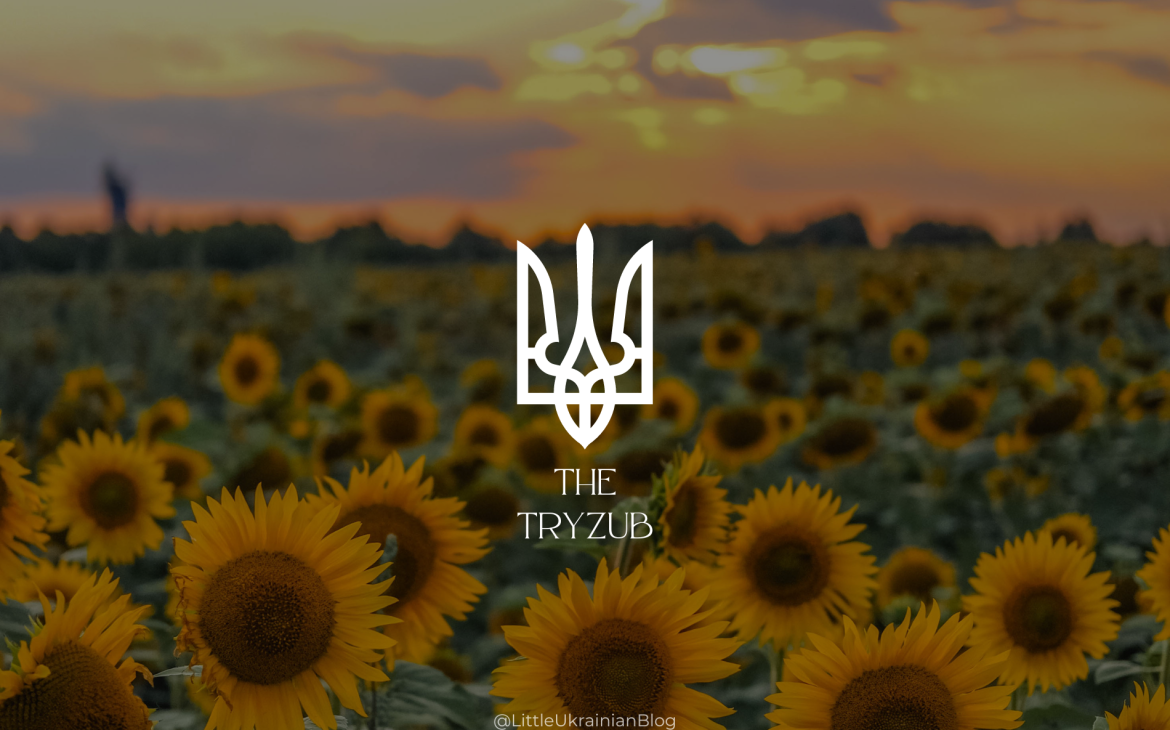
The Tryzub (Ukrainian: «тризуб»), widely recognized as Ukraine’s national emblem, is more than just a symbol on a flag, coin, or official document. For over a millennium, this distinctive three-pronged design has represented authority, identity, and continuity, connecting generations of Ukrainians across time and geography. Whether you are part of the diaspora or simply seeking to understand Ukrainian heritage, the Tryzub offers a window into the nation’s history and enduring spirit.
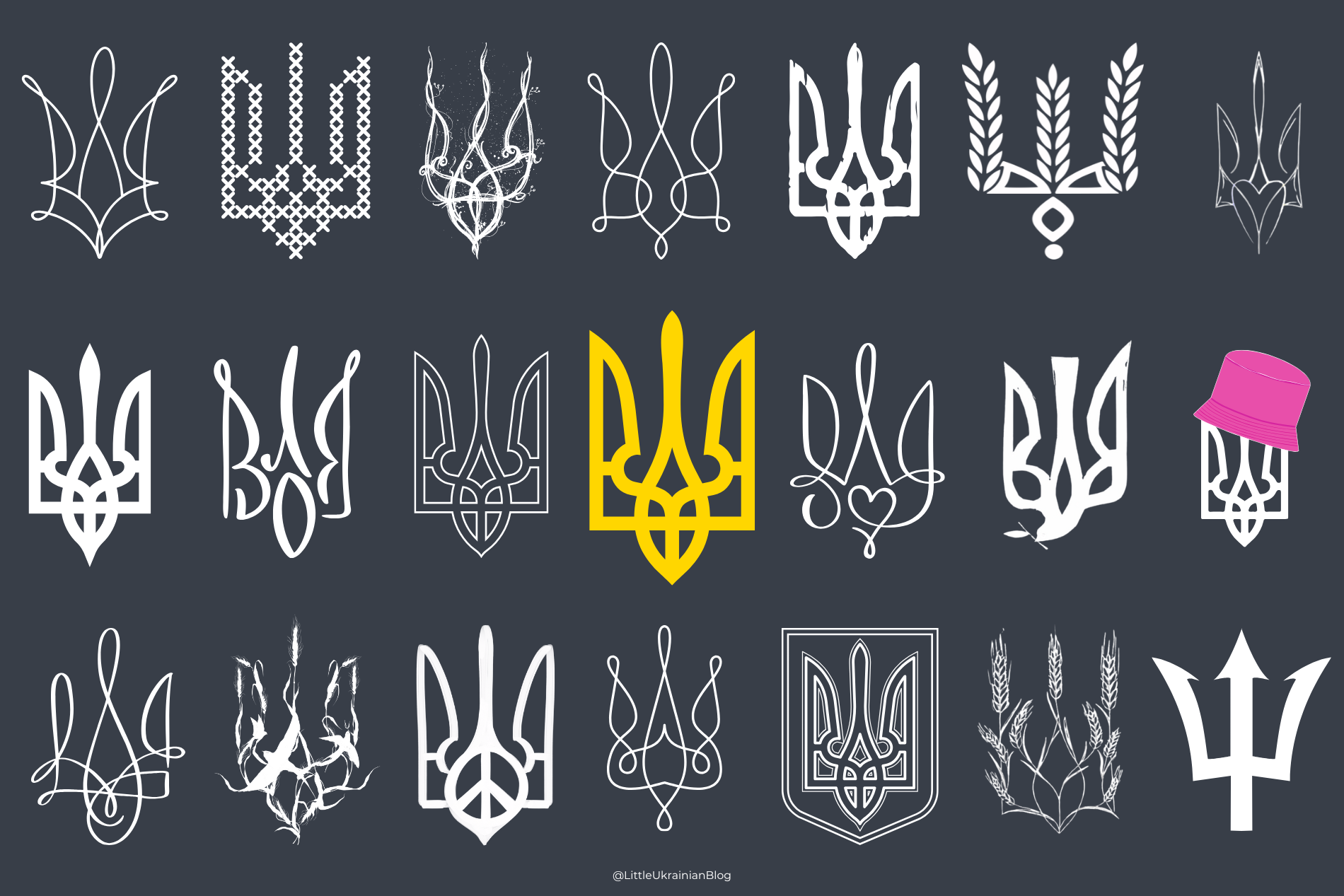

Contents
- The History of the Tryzub | Історія тризуба
- Suppression and Revival of the Tryzub | Пригнічення та відродження тризуба
- The Meaning of the Tryzub | Значення тризуба
- Usage | Використання тризуба
- The Day of the State Emblem of Ukraine | День Державного Герба України
- Why the Tryzub matters | Чому тризуб має таке значення
- Frequently Asked Questions | Поширені запитання: тризуб (український герб)

The History of the Tryzub
Історія тризуба
The Tryzub’s history goes back more than a thousand years. Its earliest known appearances are connected with Kyivan Rus’, a medieval federation that laid the foundations of modern Ukraine. Coins, seals, and artifacts from the era of Prince Volodymyr the Great (c. 980–1015) feature trident-like symbols, suggesting both political authority and spiritual meaning.
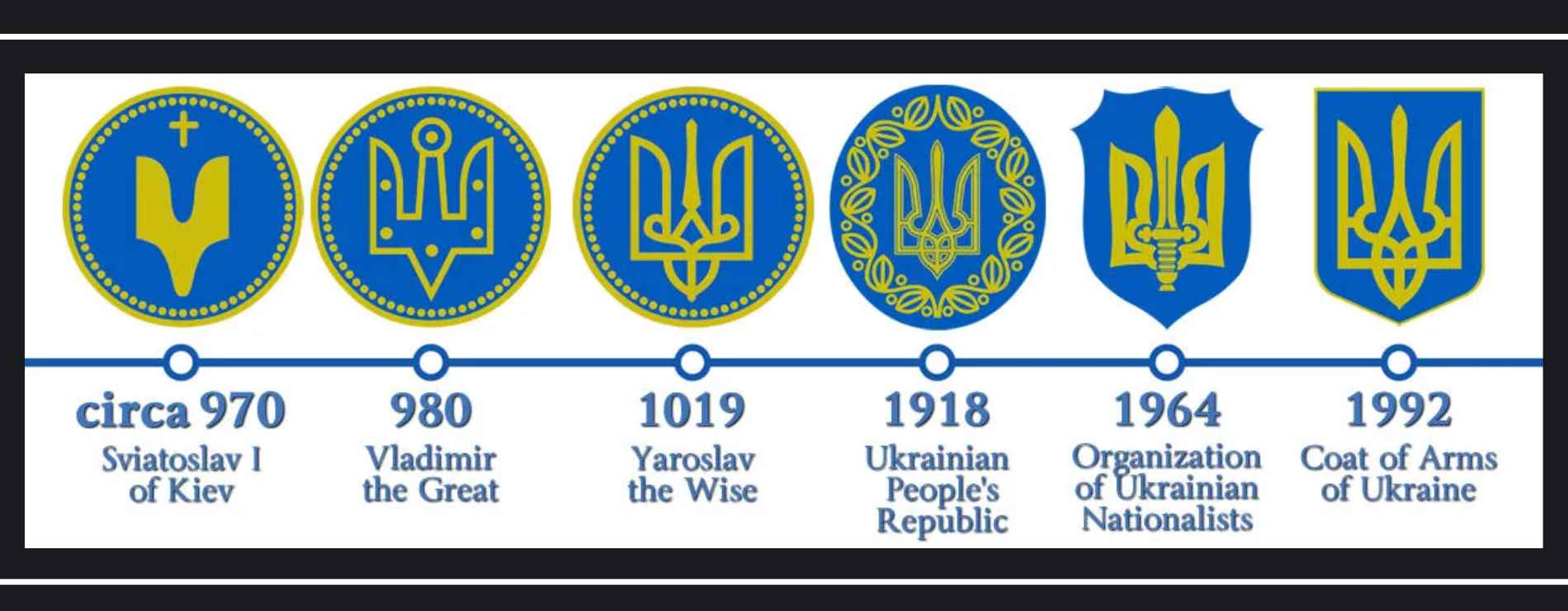
Archaeologists have identified more than 200 medieval variants of the Tryzub, each subtly different in shape and style, found across modern-day Ukraine. While some scholars believe the symbol represented a falcon in flight, a motif of power and protection, others see it as a stylised representation of the Holy Trinity or even abstract letters from early alphabets. Its enduring appeal is partly because it could be adapted, reinterpreted, and made meaningful in different contexts.
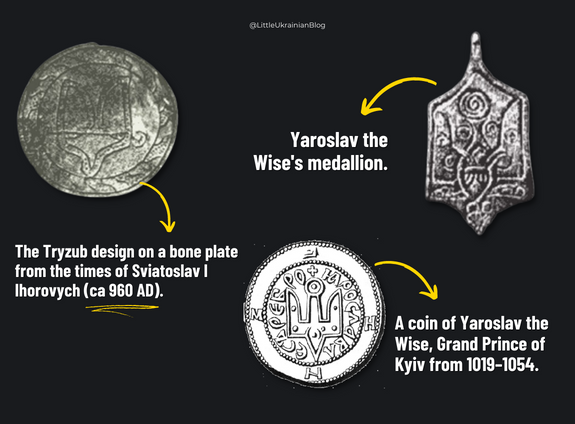
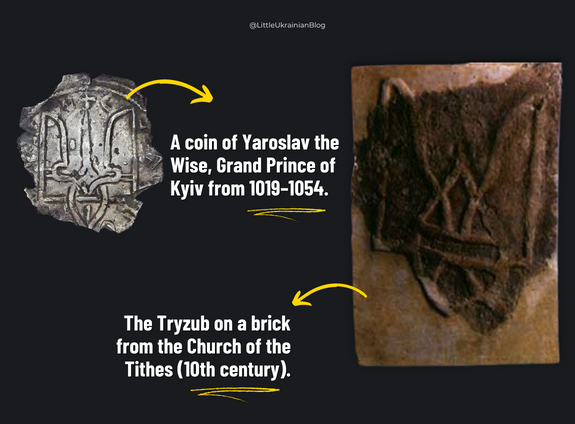

Suppression and Revival of the Tryzub
Пригнічення та відродження тризуба
The Tryzub became officially recognized as Ukraine’s national coat of arms in 1918, during the short-lived Ukrainian People’s Republic. But this period of independence was brief, and the symbol was suppressed under Soviet rule, disappearing from public life for nearly 70 years.
It wasn’t until 1991, with Ukraine’s return to Independence, that the Tryzub was fully restored. On February 19, 1992, the Verkhovna Rada (Ukraine’s parliament) approved it as one of three official national symbols, alongside the flag and the anthem. Today, it appears on passports, coins, stamps, public buildings, and flags – a daily reminder of Ukraine’s sovereignty, resilience, and identity.

The Meaning of the Tryzub
Значення тризуба
The beauty of the Tryzub lies not only in its design but in its multiple layers of meaning. Scholars and historians still debate its original significance. Common interpretations include:
- Воля (Volia / Freedom): A symbol of the Ukrainian people’s fight for Independence,
- The Holy Trinity: Reflecting early Christian influence in Kievan Rus’,
- A stylized falcon: Representing strength, vigilance, and protection.
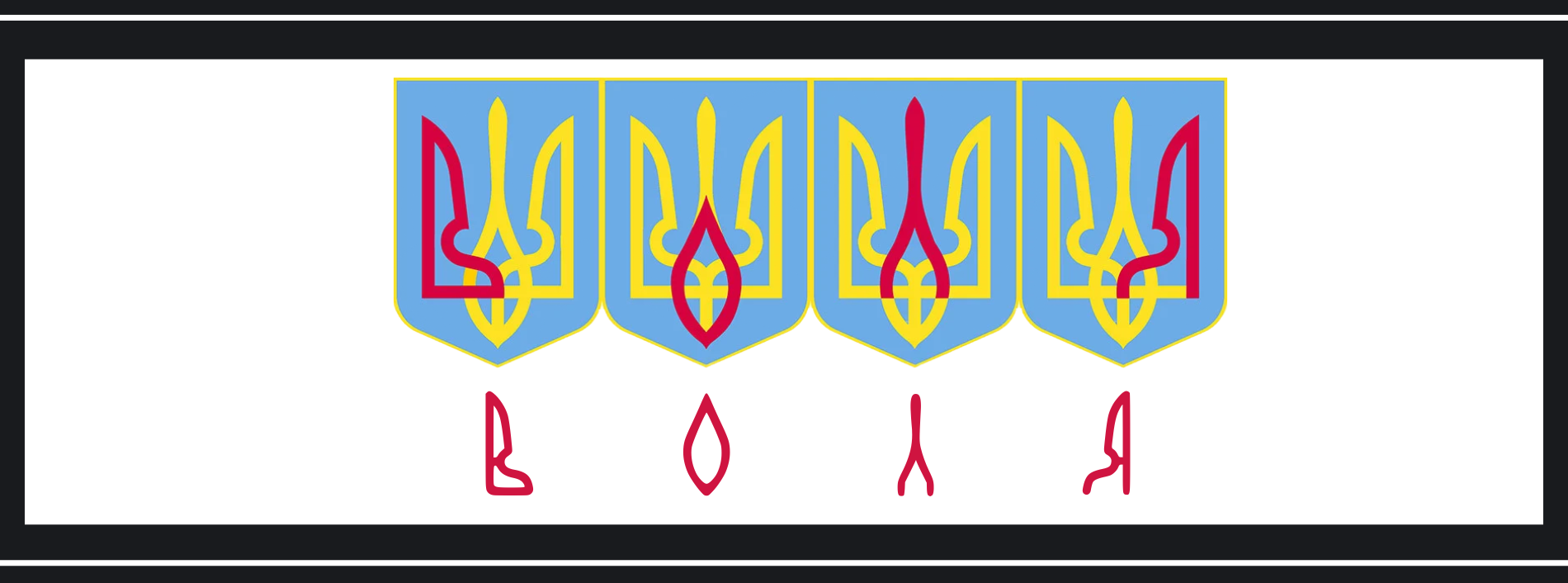

Usage
Використання тризуба
As the national coat of arms, the Tryzub can be found across Ukraine. You’ll probably recognise it from banknotes, coins, stamps, official documents such as passports, and some flags.
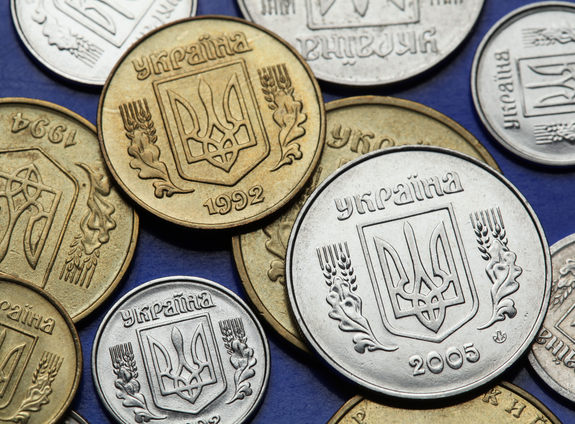
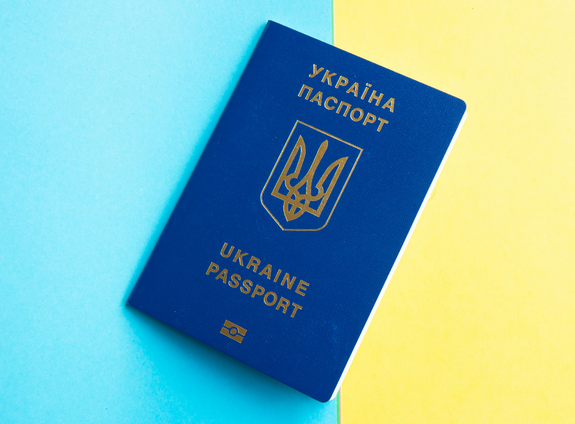

Day of the State Emblem of Ukraine
День Державного Герба України
A specific day commemorates the Tryzub’s official recognition: February 19, the Day of the State Emblem of Ukraine (День Державного Герба України). On this day in 1992, the Verkhovna Rada (Верховна Рада України) formally approved the Tryzub as one of the three official symbols of the state, alongside the flag and the national anthem.
This day celebrates both the symbol itself and the historical journey of Ukrainian sovereignty. It is an occasion for public ceremonies, educational events, and reflection on the enduring cultural and political significance of the Tryzub.

Why the Tryzub matters
Чому тризуб має таке значення
Today, the Tryzub is far more than Ukraine’s coat of arms. It is a living thread that connects generations, carrying the memory of ancestors and the hopes of the future. It embodies the struggle, courage, and triumph of Ukrainian Independence, and continues to unite Ukrainians across the world.
Every curve and prong speaks of resilience, bravery, and the unbreakable spirit of the Ukrainian people – a symbol that endures through hardship, inspires pride, and stands as a testament to a nation that refuses to be defeated.

Frequently Asked Questions
The Tryzub (Ukrainian: «тризуб») is the national coat of arms of Ukraine, featuring a three-pronged trident.
Its meaning varies: freedom (воля), a stylised falcon, the Holy Trinity, or letters from early Slavic alphabets.
Initially in 1918 during the Ukrainian People’s Republic and formally reinstated after independence in 1991.
The Tryzub serves as a connection to heritage, culture, and identity, keeping the Ukrainian spirit alive across generations and borders.
